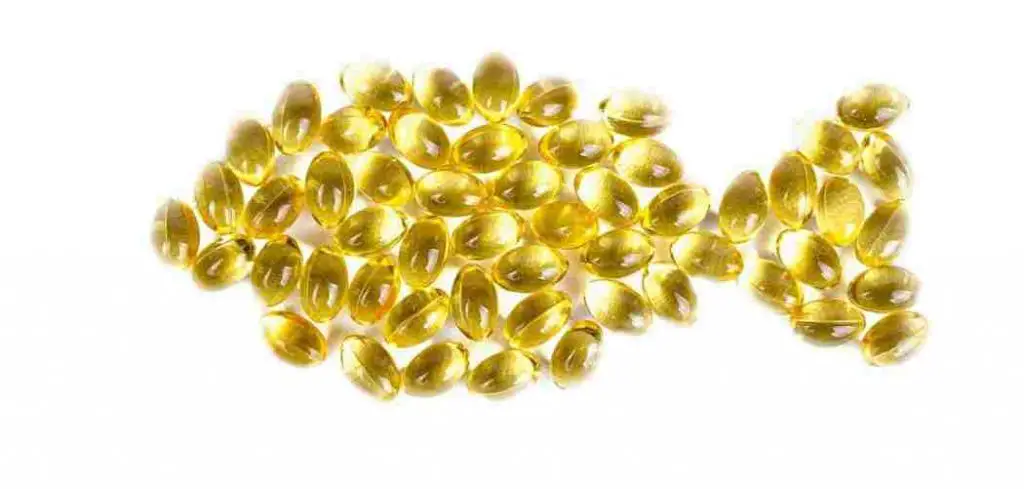
Do German Shepherd Dogs need Omega-3? Yes, Omega-3 is important to a German Shepherd Dogs health. Studies have shown that Omega-3 can contribute to healthy brain development in puppies. Omega-3 also helps to strengthen the immune system, fight cancer, benefit heart health and reduce inflammation in German Shepherds
Let’s take a look at Omega-3 and German Shepherds in more detail
References Used in this Article
Lisa Mantellato (2009) Getting to know German Shepherds: A guide to choosing and owning a German Shepherd, Animalinfo Publications, Kalamunda: Australia
Liz Palika, Deb Eldredge, Joanne Olivier (2012) Your German Shepherd puppy month by month, Alpha Books
Max Hofmann (2013) The German Shepherd Good Food Guide
National Research Council (2006) Nutrient requirements of dogs and cats, National Academies press: Washington
What is Omega-3?
Omega-3 belongs to a special group of fats that are essential. This means they cannot be made by your dog naturally and must come for their food. Omega-3 is broken down into 3 main types –
- Alpha-linolenic acid (ALA) – Found in plant foods such as kale, spinach, walnuts, chia seeds, flax seeds and hemp seeds. Often found in dairy from Grass Fed animals too.
- Eicosapentaenoic acid (EPA) – Found mostly in seafood and algae. Highest concentrations are found in fatty fish such as herring, salmon, eel. Often found in dairy from Grass Fed animals too.
- Docosahexaenoic acid (DHA) – Found mostly in seafood and algae. Highest concentrations are found in fatty fish such as herring, salmon, eel. Often found in dairy from Grass Fed animals too.
EPA and DHA are considered the most important Omega-3 types for dogs.
What are the benefits of Omega-3 in adult dogs?
Immune System
Research from the University of Bologna – Italy, showed that EPA and DHA helped to strengthen the immune systems response to allergies, this included easing skin irritation and itchiness
Fight Cancer
Omega-3 has been shown to slow and in some cases stop the development of certain cancers. In a study of 32 dogs with lymphoma the supplement of Omega-3 significantly increased their survival times.
Improve Joint Health/Reduce Inflammation
In this study of dogs with Arthritis adding more Omega-3 to their diet significantly reduced discomfort and lameness and helped to reduce the inflammation of the joint.
Improve Coat Health
Foods that are rich in ALA have been shown to improve the condition of German Shepherds coats keeping them healthy and shiny.
Improve Heart Health
Studies have shown that Omega-3 helped lower blood pressure, reduce inflammation and reduce muscle loss in dogs suffering from different heart problems. This in turn increased the dogs survival time.
Improve Kidney Health
EPA and DHA have been shown to have significant positive effects on dogs with chronic kidney disease.
What about puppies?
Support Brain Development
In a study of puppies between 8weeks and 1 year of age puppies that were given a DHA supplement significantly outperformed those that were not fed Omega-3
Immune System
DHA in particular helps boost puppies immune system and improves their ability to respond to their vaccinations. This is critical while tye are still young and their immune system is immature. Initially puppies get their DHA from their mothers milk but after they are weaned this must come from their diet.
Eye Health
An Omega-3 rich diet for puppies helps to support their developing vision.
As you can see ensuring your German Shepherd is getting the correct amount of Omega-3 in their diet is critical to maintaining a number of bodily functions. Do you feed your German Shepherd Omega-3 Supplements? Have you experienced any of the benefits discussed? We’d love to hear from you in the comments.

